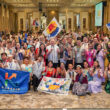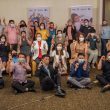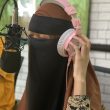USAID creates safe spaces for out-of-school youth to grow as community leaders.
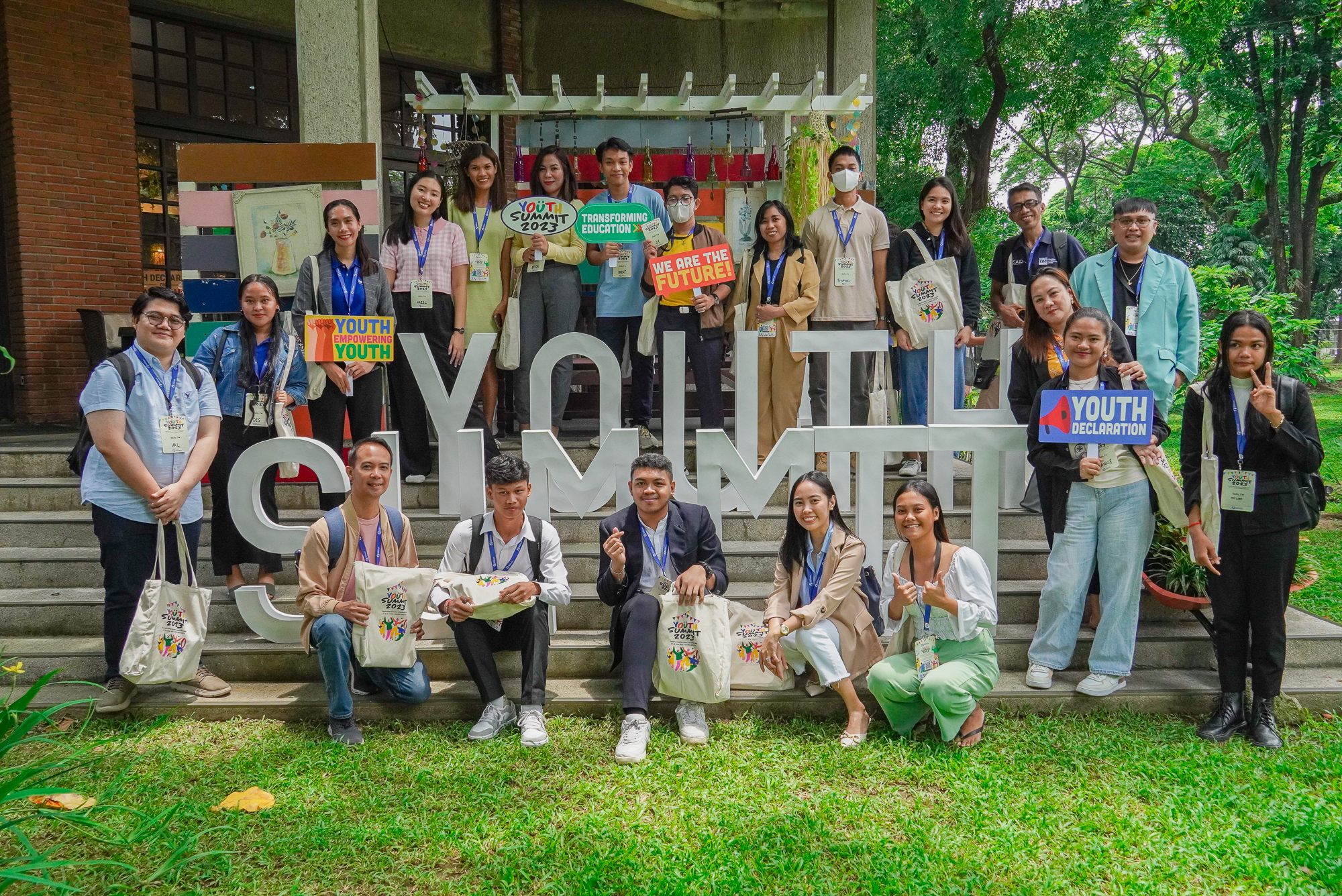
“I was only eight months old inside my mom’s belly when my dad walked out and never came back.”
“That was 20 years ago,” said Vann Bautista, a young man from Barangay Payatas in Quezon City, an area that formerly served as a dump site for the tons of garbage that Metro Manila produced. Most residents fall below the poverty line.
“Me and my older brother, who has Down’s Syndrome, was basically raised by a single parent.” Vann’s mother, who migrated from the province to try and find better opportunities, found it difficult to land a permanent job in the city and was never able to finish schooling.
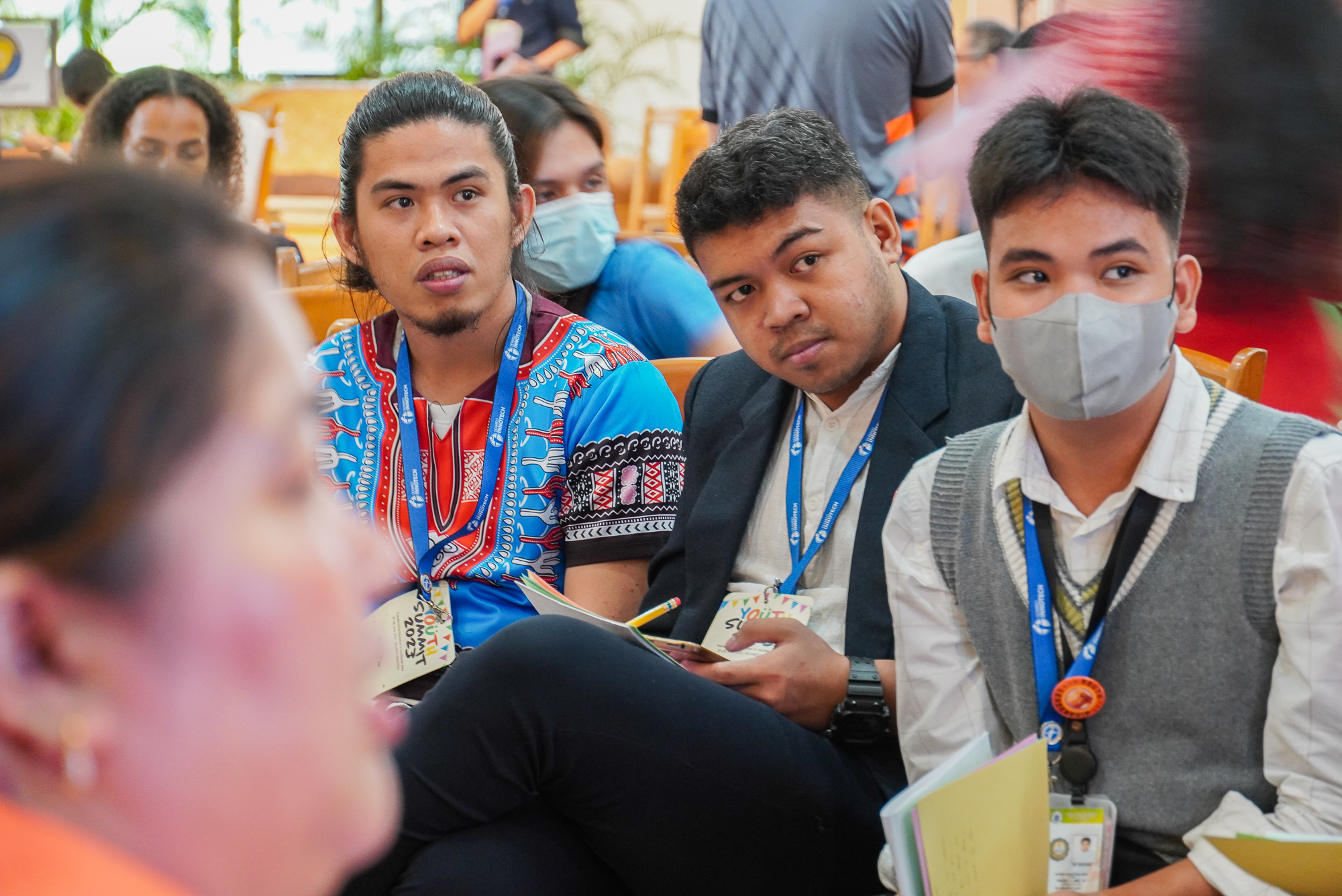
She kept the family afloat by working at the barangay local government unit, serving as the community focal person for gender and disability programs, as well as supporting administrative tasks.
“I used to feel frustrated waking up in the morning and not find my mom. She was often off in trainings and workshops because of work. But now it’s my turn,” Vann joked.
Vann always had a knack for public service. When he was in school, he was already part of the student council.
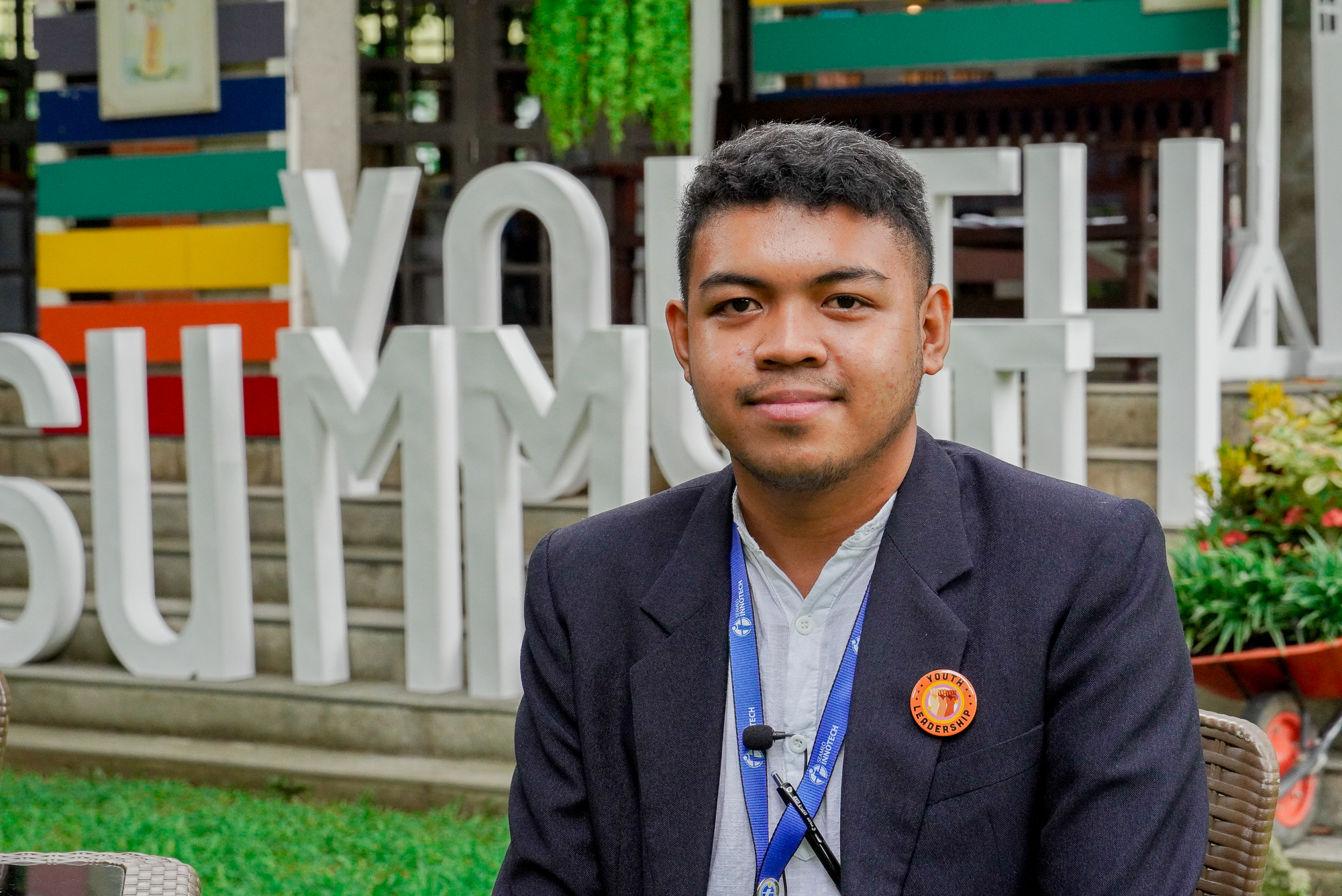
“I slowly lost my interest at school in 2022 because I was heavily involved in the electoral campaign… After the election results came out, I grew so frustrated. Disappointed and demotivated.”
At grade 12, Vann dropped out. “I told myself, I should rest and skip a school year.

“It wasn’t an easy decision because my family was depending on me to continue schooling. But I had a mental breakdown. It came to a point that I didn’t want to talk to anybody, not even my own mother.”
Eventually, Vann busied himself into community work to try to recover. One of his fellow youth leaders encouraged him to join a leadership training that USAID was supporting for out-of-school youth in Quezon City.
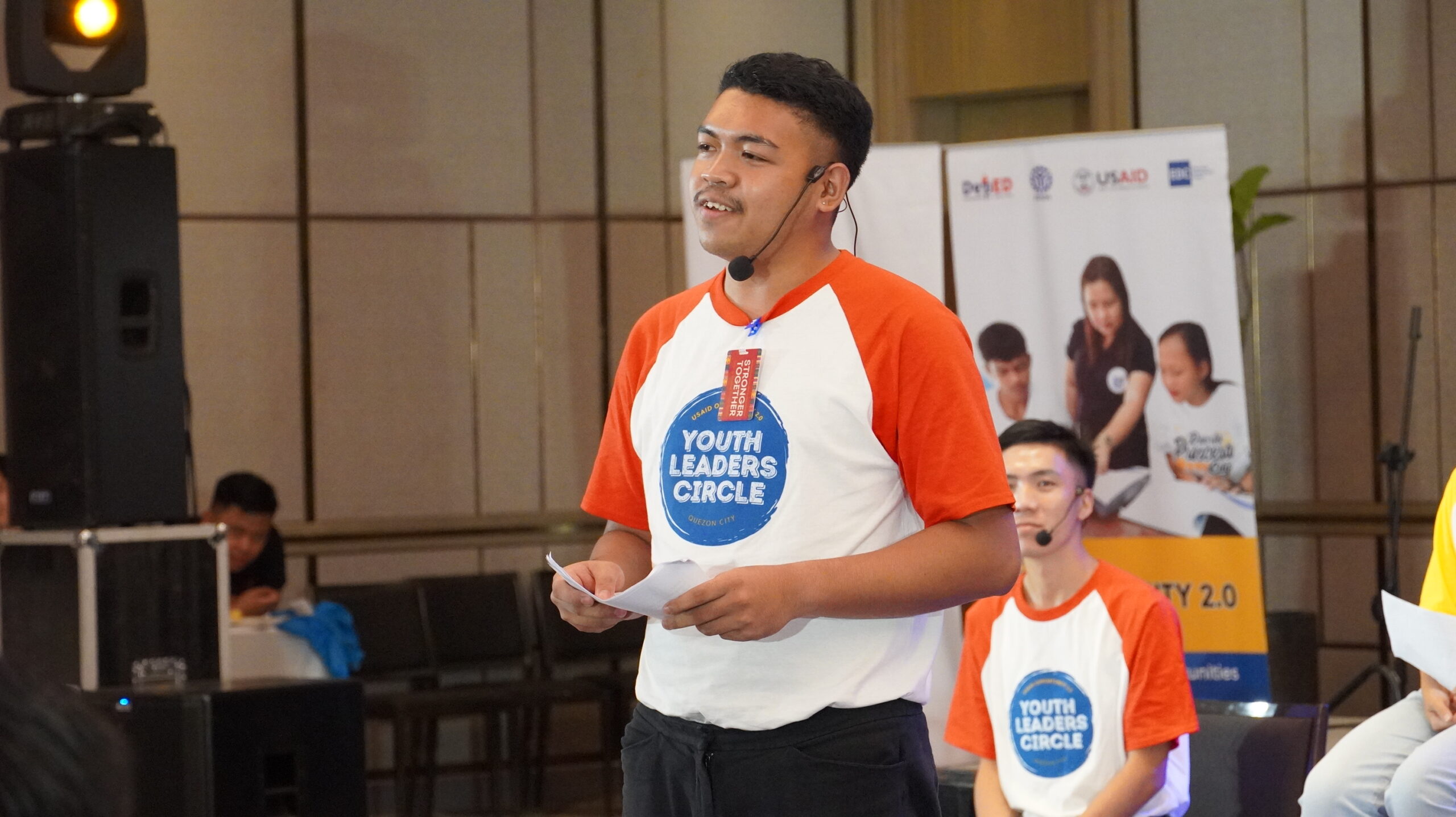
“I didn’t want to join at first because I didn’t see myself as out-of-school youth,” he didn’t realize it then but Vann was harboring some shame from being out-of-school and feared the misconceptions that society commonly have against them. He reluctantly went anyway thinking he would just be helping others to join.
But when he was with other young people who, through difficult life circumstances, were unable to pursue education, he realized he wasn’t alone. For the first time, he found a space where he felt safe to admit, he was out-of-school.
“It was then I realized, those times we couldn’t find out-of-school youth as community volunteers, we thought it was out of a lack of trying. Turns out, they were ashamed to step up and identify as out-of-school too.”
(USAID was a huge help! They embraced us as out-of-school youth. We may have been left behind in formal schooling, but in society, we weren’t. I don’t feel alone anymore.)
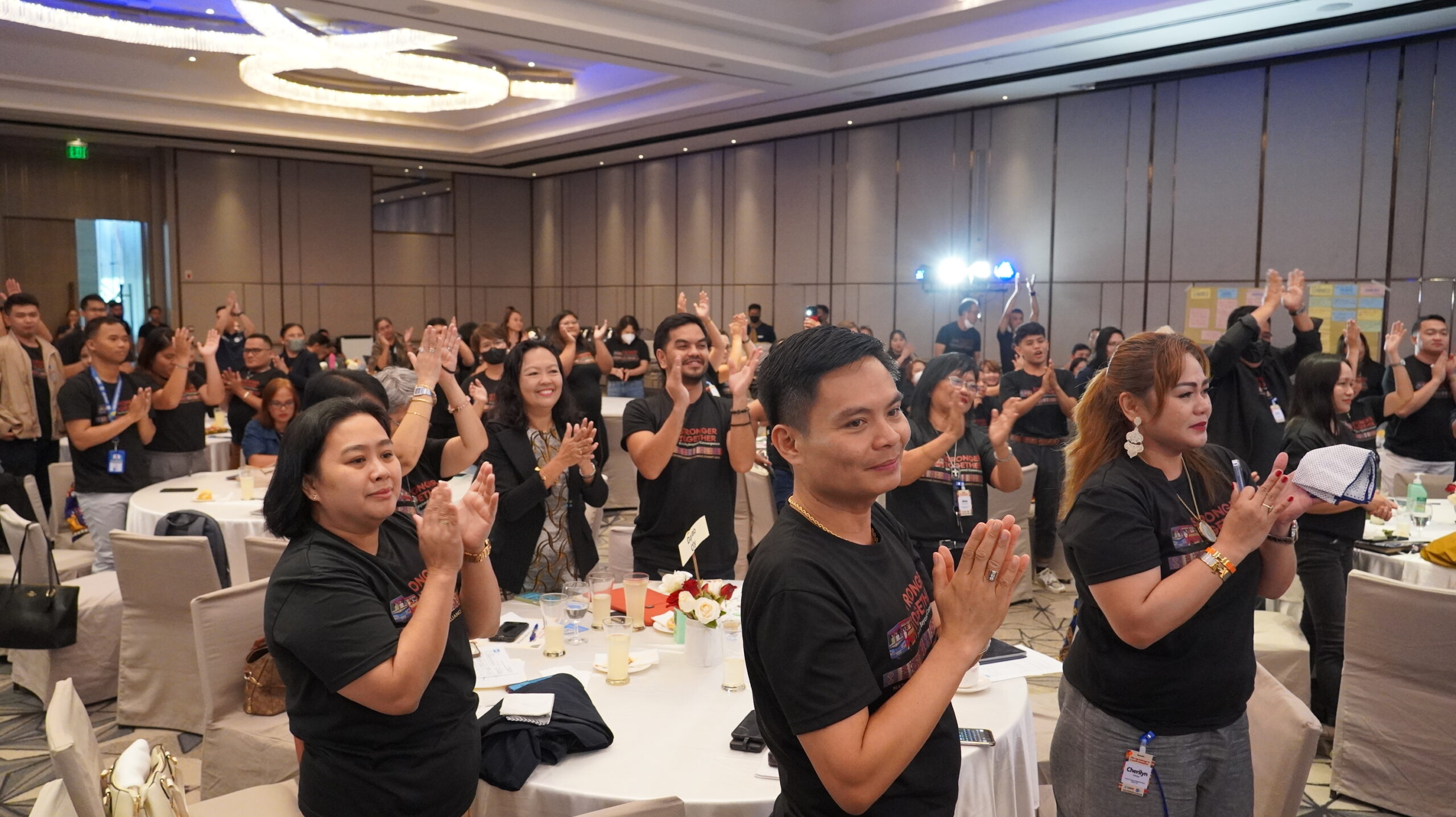
USAID has been establishing Youth Development Alliances (YDA) in its partner cities in the Philippines, including Quezon City. Through the YDA mechanism, youth-serving groups and government agencies can come together with the marginalized youth to craft more responsive policies and youth programs.
Members also train on USAID’s positive youth development approach, equipping them with youth-centric lenses and allowing them to foster safe spaces for young people in governance and community decision-making.
Currently serving as an officer of the local out-of-school youth organization in Quezon City, Vann is inspired to continue public service.
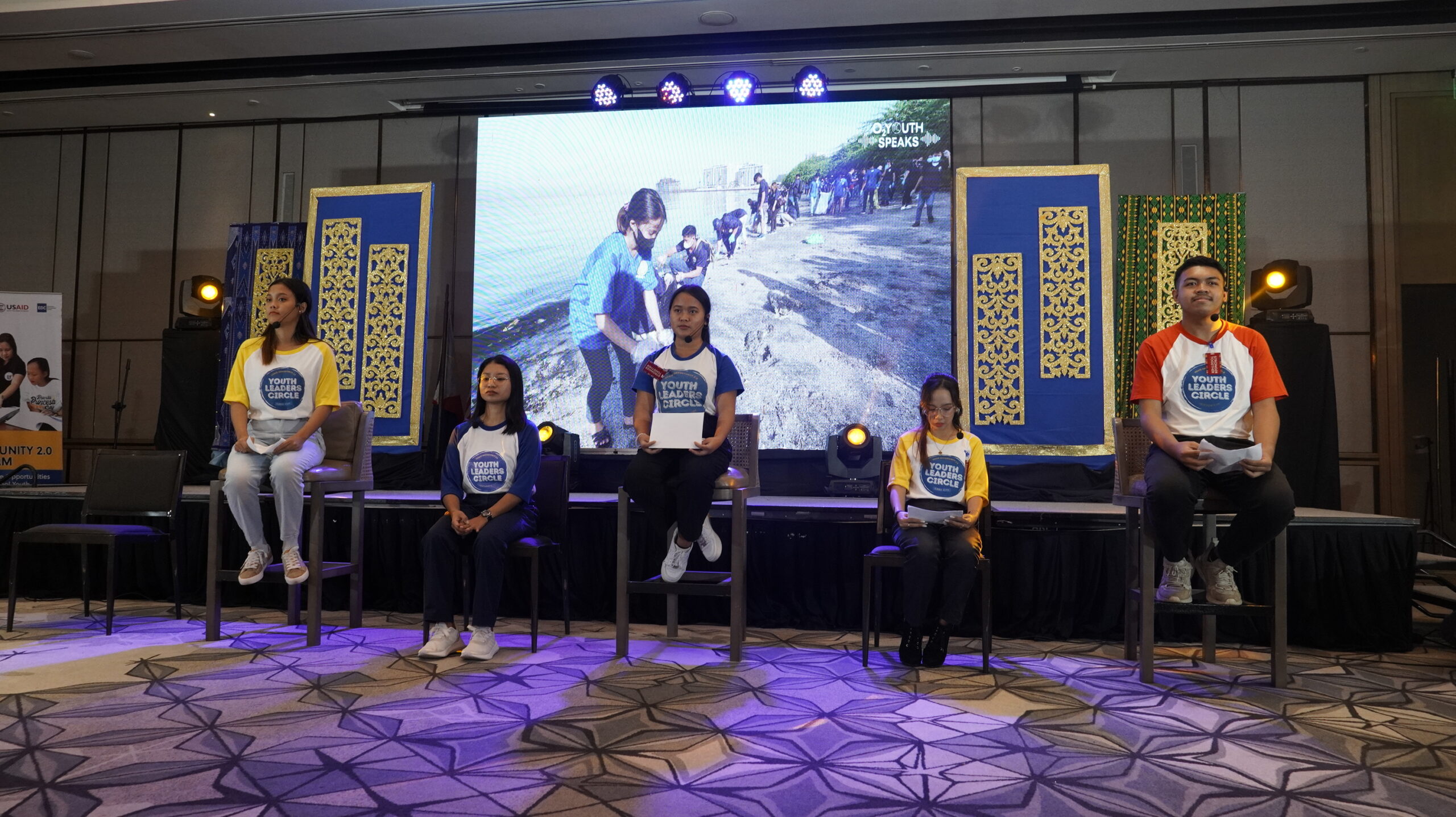
“Kaya kong magsilbi kahit walang posisyon, pero iba ang impact pag elected ka.” (I can serve even without a position in government, but the impact is greater if you’re elected). Vann is now preparing to launch an electoral campaign of his own, aiming for a seat at his barangay’s council to represent the youth.
To date, USAID has supported more than 1,400 out-of-school youth grow as leaders in 15 Philippine cities through the YDA mechanism.#


